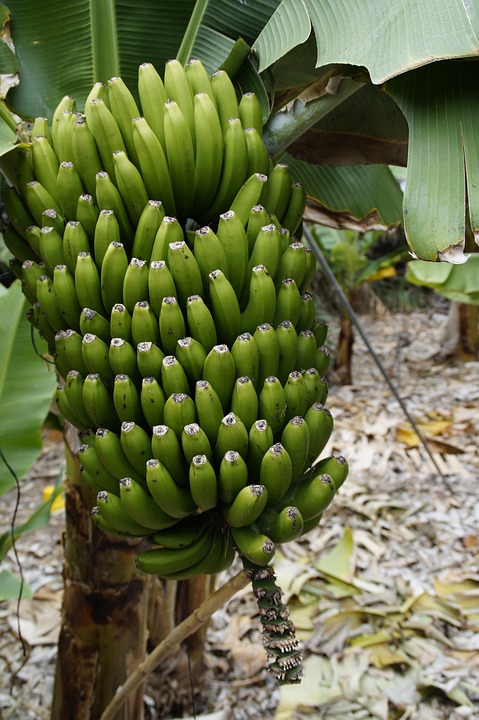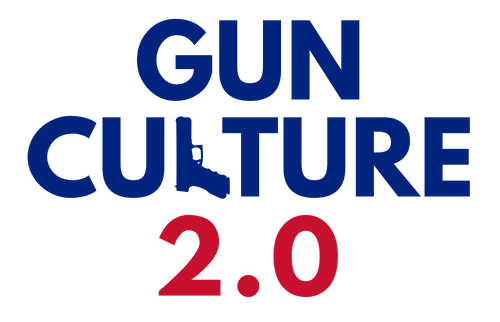At the start of most classes, I have my students listen to and discuss the lessons about learning that can be gleaned from Alanis Morissette’s song, “You Learn,” from which her breakout album Jagged Little Pill takes its title.
You live you learn, you love you learn
You cry you learn, you lose you learn
You bleed you learn, you scream you learn
You grieve you learn, you choke you learn
You laugh you learn, you choose you learn
You pray you learn, you ask you learn
You live you learn
My students – who are only in my classroom because they have a consistent record of educational success – don’t immediately get the point of the song. But when I encourage them to think about the most important learning experiences they have had in life, they recognize that many of those experiences are tied not to success but to failure. Crying, losing, bleeding, screaming, grieving, choking, and learning.
Last year when I asked Travis Haley how he developed his thinking about gun training, he responded, “A lot of failures.”

Haley told me the story of an AK-47 he has displayed in his office, taken from an adversary, suggesting success. But for Haley the gun also serves as a reminder of bad decision-making that got him into the situation in the first place. A situation he could have avoided. A failure.
During the Haley Strategic D5 Disruptive Science Handgun course I observed recently, Haley discusses “body alarm response” – how the human body reacts under critical stress through the autonomic nervous system. Although this has the potential to degrade performance – e.g., a loss of dexterity or fine motor skills – the adverse effects can be mitigated through training. One need not resort to slapping the magazine release on a rifle or using the Gross Motor Skill Reload technique if using the magazine release button with your finger is reinforced through deliberate practice.

Still, you cannot entirely eliminate “the human factor” from these situations, and whenever the human factor is in play, failure is possible. This is true even among those who have a high level of mastery.
It was either the 7th century BCE Greek lyric poet Archilochus or the Navy SEALs who said, “We don’t rise to the level of our expectations, we fall to the level of our training.” Haley calls this “bullshit.”
I have seen guys that are some of the most highly trained dudes in the world . . . These guys are incredible. And they failed. They couldn’t even load a gun, they couldn’t even move, they couldn’t even make entry to the house. Why? If we fall to our level of training, why would the best [person] on the team . . . fail miserably?
As he makes clear, Haley is speaking of himself. Not the Travis Haley of the Battle of Najaf YouTube Turkey Shoot fame. But the Travis Haley who has regularly failed and learned from failure.
In this case, he uses his own failure to lead students into a specific consideration of stress adaptation as a way of mitigating the negative consequences of body alarm stimulated chemical responses. But the morals of most of Haley’s failure stories go well beyond shooting, military tactics, or armed self-defense. They offer life lessons.
This is most obvious in “The Tale of the Dragonfly.” It is also evident in the less well-known “The Banana Story.”
In the last classroom session, when presenting on the general topic of attitude, Haley pulls out a banana and says, “It changed my life.” To which a student replies, “The banana?” “The banana actually changed my life,” Haley responds. “It actually did.”
“It wasn’t really the banana itself, it was the context and this kid in West Africa.”
“We took over this little house in this village that was our recon operations center for my six-man team. We’d sneak out from there and do reconnaissance and surveillance throughout West Africa.”
“One day I was on a mission for about 14 hours. I was tired. I was hungry. I come home with all my gear on and my surveillance cameras and everything. There’s this kid there, Sholay. He was a great kid. I tried to adopt him. He is sitting on a railing and they have a little stock of bananas. And I was like, Hey, Sholay, throw me one of those bananas. So he throws me a banana and I try to peel it. It was one of these African green elephant bananas. It’s like a plantain.”

Here Haley demonstrates not being able to peel the banana.
“So, I pull out my Emerson [knife, which he does to demonstrate] and all of a sudden I hear this laughing from the peanut gallery over on the railing. And I’m kind of like, What are you laughing at? And they’re just kind of looking down like they don’t want to look at me.
“What did you guys do to my banana?”
“’Nothing.’”
“And I’m like, Sholay, what are you laughing at, man, seriously?”
“He gets off the railing and he goes, ‘You Americans, you guys think you’re so smart. You have all your technology, but you don’t even know how to eat food right.’ And I’m like, It’s only a banana. What are you talking about?”
“And he takes another one and he grabs it and pinches the bottom and does these two big peels. He didn’t need a knife, he didn’t need anything, and I’m like, OK. That’s pretty cool, man. Never seen that before, never thought about that. And he’s like, OK, and he turns around and walks away back to the railing.”
“Then he turns back and he looks at me, and this is the part that I’ll never forget. He said, ‘You just did something that a monkey wouldn’t lower himself to do.’”
“And I’m like, Did he just call me dumber than a monkey? At the same time, I was kinda like, Holy Shit. That’s absolutely correct. So if something that I’ve eaten all my life, that I thought I knew very well, could trick me, what other shit don’t we know about this world?”
“I think differently about how I think now. First about a banana, which now makes me think openly about everything else.”
Cue Alanis Morrissette:
You face an AK, you learn
You fail to peel a banana, you learn
You live, you learn


Well stated!
LikeLike
Thanks Dr. House!
LikeLiked by 1 person
There are so many things we ‘know’ that it takes a remarkable person to be open to the possibility that they don’t know everything they think they do.
LikeLike
[…] David Yamane of Gun Culture 2.0 has some thoughts on the relationship between failure and learning. Alanis Morissette, Travis Haley, AK-47s, and Bananas. […]
LikeLike
no it doesn’t take anyone remarkable, just someone who can think properly, which, I grant, IS becoming more scarce every day, at least in the US.
LikeLike
[…] Alanis Morissette, Travis Haley, AK-47s, and Bananas […]
LikeLike